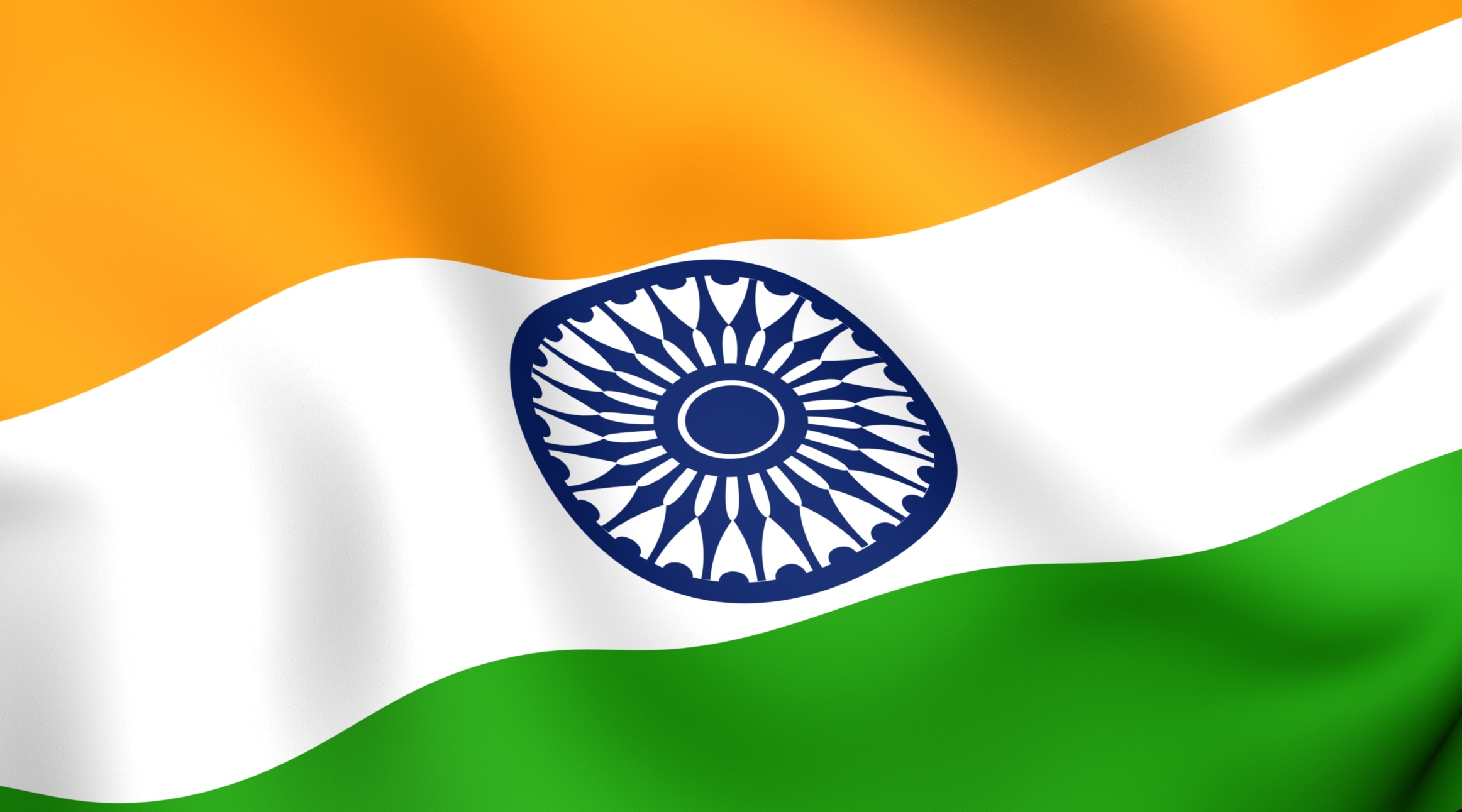India’s Bankruptcy Code to Receive Critical Overhaul
In his maiden budget speech in July 2014, Indian Finance Minister Arun Jaitley announced that an “entrepreneur friendly legal bankruptcy framework” would be developed as part of a move toward “higher growth, lower inflation, and a prudent policy stance” for India. Shortly afterwards, the Ministry of Finance set up the Bankruptcy Law Reform Committee (BLRC) to study the “corporate bankruptcy legal framework in India” and submit a report to the Government for reforming the system.
That preliminary report was submitted in February 2015. It now appears that a draft of a bankruptcy reform law may be ready for internal discussion by October 2015, and up for consideration at the presentation of the budget in February 2016.
New Code Critical for Ease of Business
The new bankruptcy code is expected to improve the ease of doing business in India. In the most recent Doing Business Report provided by the World Bank, India is ranked 142nd out of 189 countries on ease of doing business. Areas of particular concern contributing to this ranking include India’s lengthy litigation processes, difficult arbitration procedures, and deficient bankruptcy laws. As India is keen on improving its ranking by the World Bank, bankruptcy law is a critical reform item.
Laws that govern businesses formation, contract enforcement, debt repayment, and bankruptcy play a critical role in economic growth. Poor or poorly-administered laws and can thwart growth and make fiscal and monetary policies ineffective. On the other hand, effective bankruptcy laws protect the rights of borrowers and lenders, clarify the risks associated with lending, foster predictability, and make debt collection through insolvency proceedings more certain. These factors, in turn, facilitate credit lending, which increases the flow of capital in the economy.
A Framework for Addressing Insolvency
Bankruptcy reform is much-needed in India where the average time taken for insolvency proceedings is 4.3 years. Compared to the average time in the United States (1.5 years) and in the United Kingdom (one year), this is a dismal statistic indeed. Unfortunately, the statistics involving recovery rate are even worse. In the U.S., a creditor can expect to collect an average of 80.4 cents on the dollar during bankruptcy proceedings. In the U.K., the recovery rate is 88.6. In India, it is an investment-crippling 25.7 cents on the dollar.
While the new law is expected to reform domestic bankruptcy law, it also sets the framework for developing an effective system for addressing cross-border insolvencies in India. In the introduction to their interim report, the BLRC acknowledges that due to the increase in foreign investments into India, “the impact of Indian laws that affect businesses ought to be viewed in conjunction with the laws of other jurisdictions”.
The BLRC has considered adopting the United Nations Commission on International Trade Law (UNCITRAL) Model Law on Cross-Border Insolvency. The UNCITRAL Model Law provides a legal framework to coordinate cross-border insolvency proceedings in order to protect the interests of all stakeholders. However, at the time of the interim report, the BLRC opined that adoption of cross-border insolvency law should ideally take place only after the adoption of the domestic insolvency code. However, the BLRC did state that the issues relating to cross-border insolvency would be addressed as part of the final report expected to be released in October.
Reform, Capacity Needed
Currently, there are massive bottlenecks in India’s bankruptcy system, and inconsistent treatment in resolving cases. Law reform alone will not entirely address the problems. There is also a critical lack of judicial capacity to process the number of bankruptcies, not just in terms of number of professionals needed, but also in terms of bankruptcy expertise in interpreting and executing bankruptcy law.
The need to build capacity and expertise in this area is huge. In addition to legal reform, the government should recognize the need to build professional expertise in the area of bankruptcy law. However, with the anticipated reforms alone, India stands a good chance of climbing the rankings in the World Bank’s Ease of Doing Business list.
Since its establishment in 1992, Dezan Shira & Associates has been guiding foreign clients through Asia’s complex regulatory environment and assisting them with all aspects of legal, accounting, tax, internal control, HR, payroll and audit matters. As a full-service consultancy with operational offices across China, Hong Kong, India and emerging ASEAN, we are your reliable partner for business expansion in this region and beyond.
For inquiries, please email us at info@dezshira.com. Further information about our firm can be found at: www.dezshira.com.




Comments